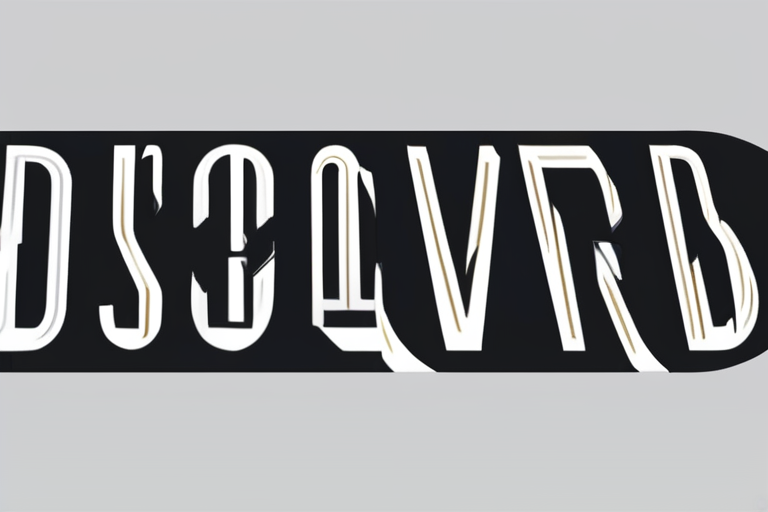Warner Bros. Discovery Defies Israeli Film Boycott Calls Amid Global Backlash


Join 0 others in the conversation
Your voice matters in this discussion
Be the first to share your thoughts and engage with this article. Your perspective matters!
Discover articles from our community

 Hoppi
Hoppi

 Hoppi
Hoppi
 Hoppi
Hoppi

 Hoppi
Hoppi

 Hoppi
Hoppi

 Hoppi
Hoppi

Hollywood Stars Unite in Boycott of Israeli Film Companies Amid Gaza Crisis Escalation In a significant move, over 2,000 Hollywood …

Hoppi

Hollywood Stars Unite Against Israel's Minister as Film Academy Boycott Escalates In a bold move, over 4,000 Hollywood stars and …

Hoppi
Hollywood Stars Unite in Boycott of Israeli Film Companies Amid Gaza Crisis Escalation In a move that is set to …

Hoppi

"Paramount's Divided Loyalties: Employees Speak Out Against Studio Leaders' Support for Israeli Film Boycott" In a shocking display of internal …

Hoppi

Hollywood Divided: Dueling Open Letters Spark Israel Film Boycott Firestorm A heated debate has erupted in Hollywood over the war …

Hoppi

Breaking News: Hollywood Divided as Dueling Open Letters Spark Israel Film Boycott Firestorm Over 1,200 Hollywood figures, including Liev Schreiber …

Hoppi